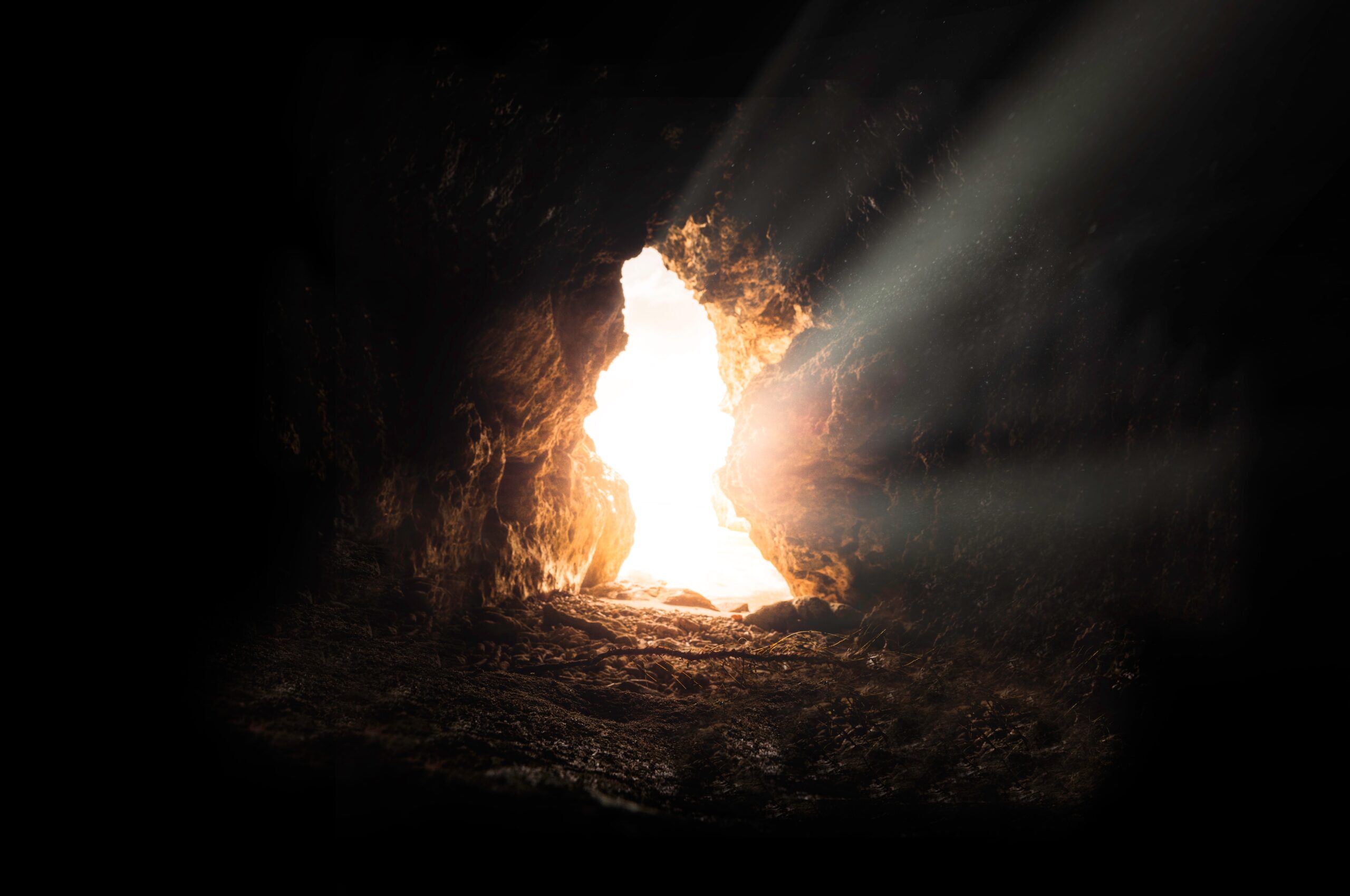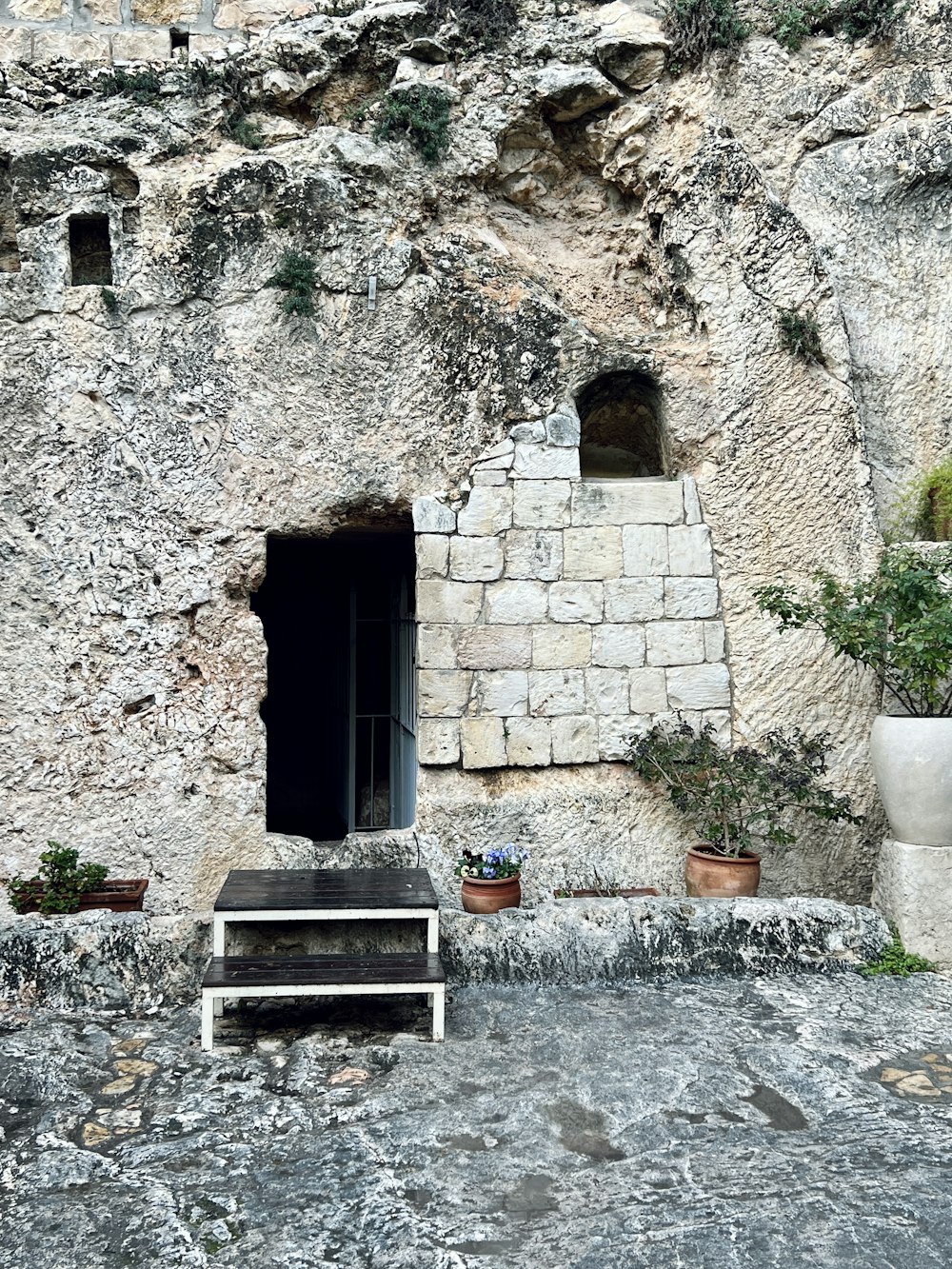In this special series of articles, we’re answering some of the best questions we’ve received on our Undeceptions Q&A episodes.
If you’ve got a question you’d like to ask John, head here – we love receiving your questions!
Question
Lee Strobel’s book ‘The Case for Christ’ suggests Jesus’ resurrection is likely to be the most plausible explanation to make sense of all the well-acknowledged historical facts that happened in the first century, such as Jesus’ empty tomb, the disciple’s willingness to die for their faith despite the death of their leader, and the embarrassing details in the gospels. But why do many well-informed and educated historians today still reject the idea of resurrection despite that evidence? Are there really any academically credible theories out there that can explain what happened before and after Jesus’ crucifixion if he didn’t rise from the dead?
Answer
It’s right that there’s a long scholarly interest in the resurrection, that there’s a widespread agreement that there was an empty tomb and that people claimed to have seen Jesus alive after the crucifixion.
This is accepted by people who aren’t Christian; scholars like the late Ed Sanders from Duke University, and the late Geza Vermes from Oxford University are just two examples.
Generally, secular Biblical scholars will attest that we have enough historical evidence to conclude that from the very beginning, there was probably an empty tomb and people who thought they saw Jesus alive.
As historians, they can’t go beyond that point though. History itself is incapable of proving a miracle. To prove a miracle you need not only solid widespread testimony, but you need to believe that a miracle is possible in the first place!
Although secular scholars will say “Sure there was probably an empty tomb, and people thought they saw him since they gave their lives for the claim”, that actually doesn’t give you the resurrection.
We can only conclude that there was an empty tomb and people thought they saw Jesus alive.
The Garden Tomb in Jerusalem – one traditional first resting place for Jesus’ body
Making sense of the evidence
How you interpret those two pieces of evidence really comes down to a philosophical and theological view.
If you don’t believe in God, and you don’t believe there’s a God who can work through the laws of nature, then of course a resurrection is impossible.
But if you do believe the above, then you could be open to something like a resurrection if the evidence is strong enough.
It’s on that philosophical basis that I would say Jesus rose again.
It isn’t simply a judgement of the historian; it’s a judgement of the historian plus the philosophical belief that God could raise the dead.
The question is, do we have good enough evidence?
I think we do.
I’ve often thought that what if we were dealing with not a miraculous resurrection, but rather some strange claim at the basis of the Christian faith? “Jesus was the strongest man in the Roman Empire”, for example – and he was crucified by the Romans, but due to his strength, he healed in the tomb, rolled away the stone, killed the guards, and went and lived in Alexandria.
That event would be unique. But because it’s not miraculous, if it had the same level of historical support that we have the resurrection, I’m pretty sure no historian today would doubt strongman Jesus.
That illustrates that it’s not the historical evidence that’s the problem with the resurrection; it’s that the resurrection presses us to work out whether we believe there is a God or not.
If you think that’s a possibility, we have the kind of evidence you would expect.
Also, if the resurrection is true then it has a massive claim on your life. Even a good, objective historian would be confronted by the implication for their soul if Jesus rose again … that may put pressure on people not to accept where the evidence leads.
Adapted by Alasdair Belling, from our Season 1 Q&A. Listen to the full episode here

Want to be further undeceived?
Check out our network of podcasts and articles in the Undeceptions Library.












































